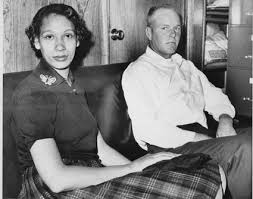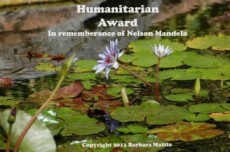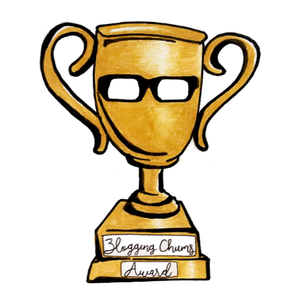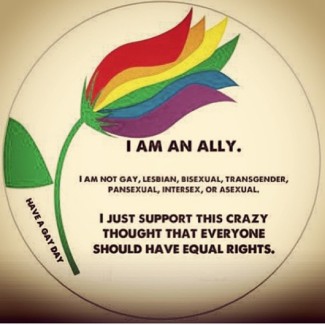Blog Archives
Love Conquers All – The Loving Couple
In April 2014, I posted the following story about the Loving couple who waited over a decade for a court decision making their marriage legal in the State of Virgina. On June 12th of every year there are Loving Day celebrations across America in recognition of the Supreme Court’s decision in Loving v. Virginia. Hence, I thought now would be a good time to post the story again; first as a reminder of the struggles that common people undertake that serves to benefit others and secondly, to give us opportunity to look for a Loving Day celebration to participate.
————————————————————-
In 2013, a federal Judge cited the Loving case in his ruling when striking down Virginia’s same-sex marriage ban. The Loving case has become the foundation in which other courts are striking down bans against same-sex marriage. How did it come about?
Loving — The last name is so appropriate.

Mildred and Richard Loving
In 1957, Richard Loving and Mildred Jeter married. They met and lived in Central Point, Virginia, but married in Washington, D.C. because in Virginia, it was illegal to marry a person of another race. Richard, White, and Mildred, “colored,” fell in love at first sight.
At about 4 a.m. one morning, the local police came to their house and arrested them. It wasn’t just the law against interracial marriage that the police was going to arrest the Lovings for violating. They were hoping to catch them in the act of making love, because there was also law against interracial sex. Read the rest of this entry
Love Conquers All – Waiting A Decade For The Court’s Decision
In 2013, a federal Judge cited the Loving case in his ruling when striking down Virginia’s same-sex marriage ban. The Loving case has become the foundation in which other courts are striking down bans against same-sex marriage. How did it come about?
Loving — The last name is so appropriate.

Mildred and Richard Loving
In 1957, Richard Loving and Mildred Jeter married. They met and lived in Central Point, Virginia, but married in Washington, D.C. because in Virginia, it was illegal to marry a person of another race. Richard, White, and Mildred, “colored,” fell in love at first sight.
At about 4 a.m. one morning, the local police came to their house and arrested them. It wasn’t just the law against interracial marriage that the police was going to arrest the Lovings for violating. They were hoping to catch them in the act of making love, because there was also law against interracial sex.
Mildred showed the police their marriage certificate, but that marriage certificate became evidence for the criminal charge of “cohabiting as man and wife, against the peace and dignity of the Commonwealth.”
On January 6, 1959, the Loving’s pled guilty. The law they were charged with  violating was passed in Virginia in 1924. It was the Act for the Preservation of Racial Integrity. That law set forth that any trace of nonwhite ancestry (the infamous “one drop” rule) defined someone as ineligible to marry anyone defined as white.
violating was passed in Virginia in 1924. It was the Act for the Preservation of Racial Integrity. That law set forth that any trace of nonwhite ancestry (the infamous “one drop” rule) defined someone as ineligible to marry anyone defined as white.
The court found the Loving’s guilty and sentenced each to one year in prison, but suspended sentencing for 25 years if they moved out of Virginia.
They moved to Washington, D.C. and could only return to Virginia separately, not together, to see their families. The Loving’s were unhappy in D.C. and in 1964, Mildred wrote to Attorney General Robert Kennedy. He referred her to the ACLU. Two attorneys with no prior experience, but believers in equality and the constitution, went to work.






































